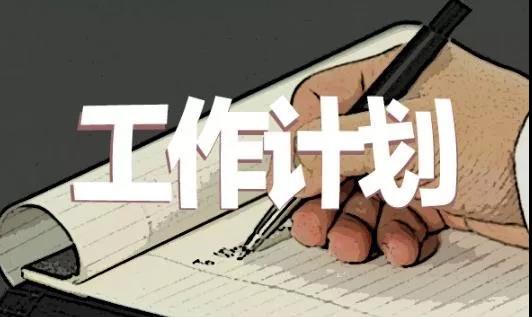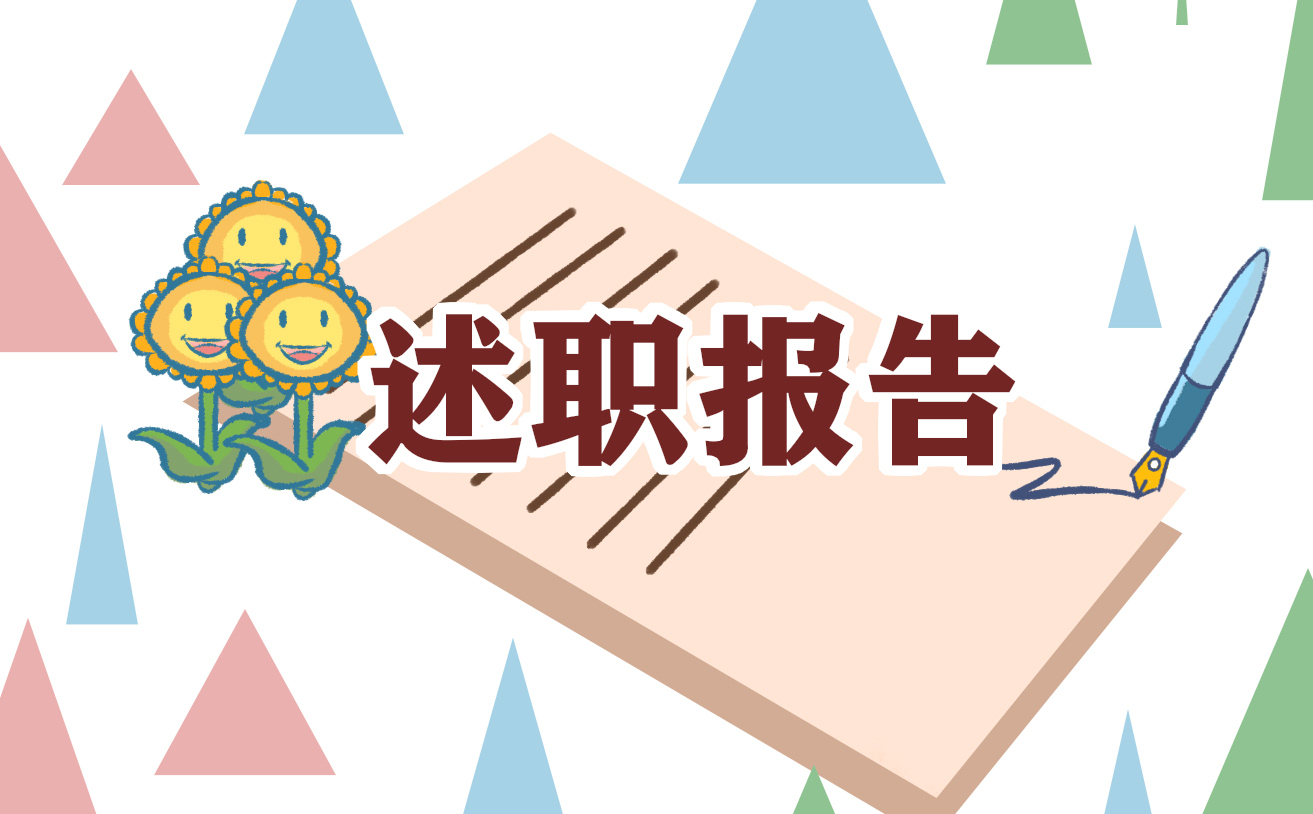The Orphan of Zhao, consid- ered the Hamlet of classical Chinese literature, was staged at the National Theater of Greece from November 18 to December 2, 2018. Chinese and Greek artists performed one of China’s greatest tragedies in their respective languages. And for the first time, a Chinese director instructed professional actors in the national theater of a Western country on telling a Chinese story.
The play sparked wide attention from drama circles in both countries. Xinhua, China’s official news agency, introduced the performance in a special report: “Actors from both sides performed in their mother tongues, but the dialogue was fluent and seamlessly connected, and thrilled both spectators in China and Greece.” The Athens-Macedonian News Agency, a Greece-based national agency, announced the show as “China’s Hamlet coming to Greece!”
A Modern Portrait of Vengeance
The Orphan of Zhao is a zaju(“variety play”) opera attributed to Ji Junxiang, a Chinese dramatist from the Yuan Dynasty (1271-1368). It is a well-known tragedy from ancient China. The Records of the Grand Historian, written by historian Sima Qian of the Han Dynasty (202 B.C.–220 A.D.), contains a chapter on the events endured by the Zhao family in the Spring and Autumn Period(770-476 B.C.). Minister Zhao Dun and General Tu’an Gu were two of the most influential subordinates of Duke Ling of the Jin State. Tu’an Gu framed Zhao Dun and slaughtered 300 members of the Zhao family. Soon thereafter, a decree was forged to order the death of Zhao Dun’s newborn grandson, orphan Zhao Wu. The child was entrusted to physician Cheng Ying who worked for the Zhao family. Cheng Ying consulted retired Minister Gongsun Chujiu and decided to sacrifice his own child to save the Zhao orphan. Cheng raised the orphan early on, and since General Tu’an Gu lacked any children of his own, he eventually adopted the Zhao orphan without knowing his identity. At the age of 20, Zhao Wu killed Tu’an Gu to avenge his family.

Based on historical records, Ji Junxiang flavored the script with imagination and fiction to create strong dramatic conflict with stunning aesthetic effects that touched the hearts of countless Chinese people for centuries. The story has inspired dozens of adaptations, including those by Voltaire and William Hatchett. It won a worldwide reputation comparable to Shakespeare’s Hamlet.
When contemporary Chinese dramatists adapt The Orphan of Zhao, vengeance is always the theme. Modern values question “an eye for an eye,” but both herbalist Cheng Ying and the Zhao orphan review the bloody past and accept the cruel reality before they struggle with the dilemma of seeking revenge or letting the past go.
推荐访问:Hamlet Zhao Orphan Literature Chinese



